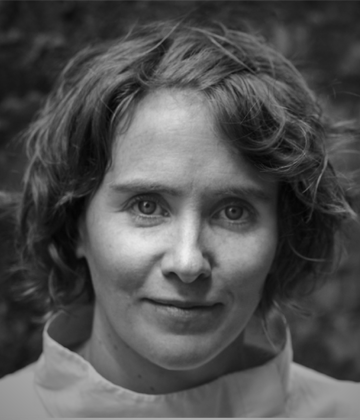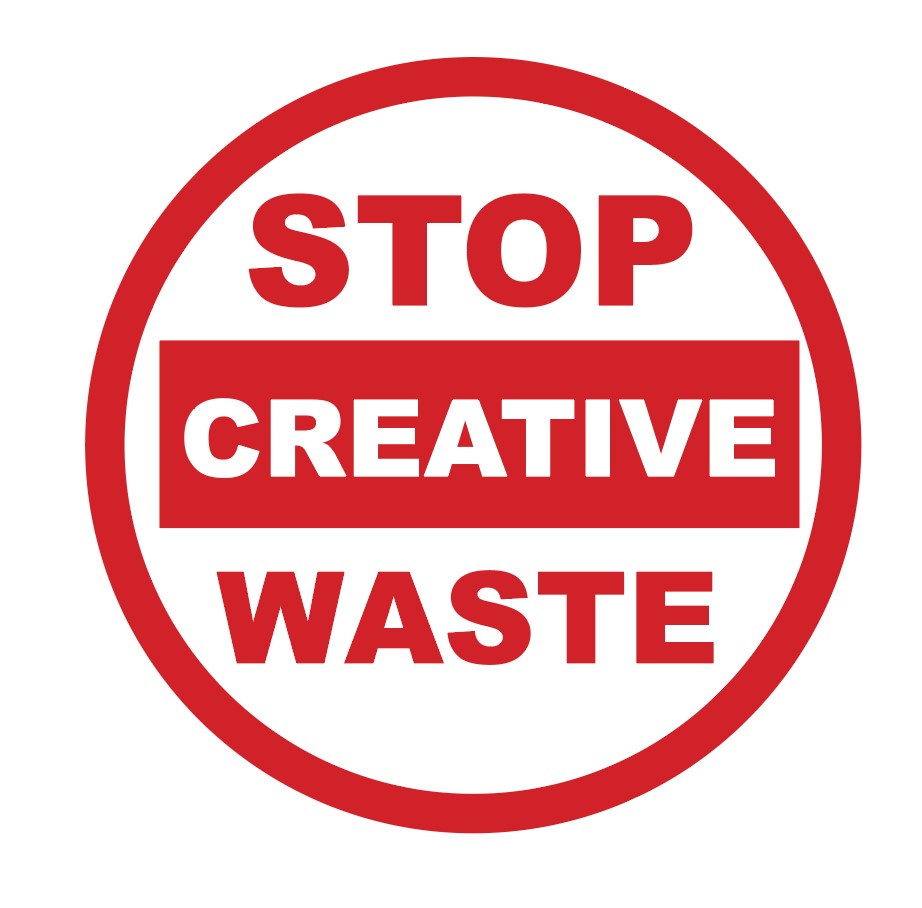 The pitch-process, which has been a feature of the advertising industry for far too long, is past its sell-by date and in dire need of a major overhaul, writes Catriona Campbell, managing director of The Public House.
The pitch-process, which has been a feature of the advertising industry for far too long, is past its sell-by date and in dire need of a major overhaul, writes Catriona Campbell, managing director of The Public House.
The predictable soul searching, the ‘pitch post mortem’, the over-analysis of the tell-tale signs that you were never going to be the agency of choice… everyone in the advertising industry has been there. In a decade in business at The Public House we’ve experienced both the giddy highs and the agonising lows of the pitching cycle. And whether it is a win, or a loss, there are some clear industry-wide lessons for all of us.
Because it is very rare that the pitch work gets made.
And so if the pitch work is pointless, then why is it the default mode of agency selection?
Usually our pitch wins – according to clients and pitch doctors – are down to a combination of fit/chemistry, clear strategic smarts, evidence of capabilities, a strong opinion on the brand, product and category, and a clear reputation for effectiveness with longstanding clients. A pretty
long shopping list for any partner. All of which can be determined without the investment of tons of creative work. Ultimately if it’s all about chemistry a good old-fashioned pint would be a better test. Creative dates anyone?
As an agency we tell everyone we meet – we shout it from the rooftops in fact – that we don’t believe that in a few weeks of a ‘pitch process’ that any agency can come back with a ‘ta-dah’ moment on a client’s business that is truly ‘plug and play’.
Working in isolation doesn’t reflect how agencies and clients do their best work – together. Exciting, game-changing and effective work is work that is borne from collaboration, and opening up the bonnet, giving access to stakeholders, sharing business plans and instincts, hunches as well as evidence…that’s how brilliant work is made. At least as a creative agency that prides itself on upstream, consultancy-level strategic thinking, that’s the way we do it.
Ironically, for all the promises we make in a pitch that our prospective client will be the priority, the reality is that we’re not prioritising our existing clients when we’re working on a demanding pitch for a new client. At The Public House we respect the fact that our clients have a choice of agencies
and out of respect for that we want to give them the very best thinking, the work that delivers against the promises we made when they came in the door. And because of that, we cap the amount we pitch, and are selective about the type of processes we get involved in.
But it would be a lie to say we don’t pitch; we do, and, like our counterparts, we get involved in pitches that cost us thousands of euro every year.
A few weeks ago, Campaign magazine in the UK launched an eye-watering pitch cost-calculator whilst a 2019 report puts the cost of pitching for creative agencies at €250k a year. That’s a lot of creative waste. We have all heard the horror stories of long and drawn-out pitch processes, of the 10 strong pitch list, of the €20k of hard costs agencies wrote off, only for the client to change their mind and not appoint anyone. Being told by email was a recent sting in the tail for us, after a 3-stage process
We have all heard the horror stories of long and drawn-out pitch processes, of the 10 strong pitch list, of the €20k of hard costs agencies wrote off, only for the client to change their mind and not appoint anyone. Being told by email was a recent sting in the tail for us, after a 3-stage process
that cost us 2000 hours. The good news was that in the email the client told us she knew we were friends with the awarded agency!
The reality we need to face is that pitching ultimately jars with the way truly professional services operate. The titans of the legal and accounting worlds aren’t queuing up to give clients free thinking on their business, yet every pitch list is easily filled with creative agencies willing to give away their own proprietary thinking for next to nothing.
And that’s why the problem isn’t with clients – it’s with ourselves, and our industry, and our ongoing self-sabotage of ourselves. That the pitch process is broken is a well-documented argument. The must-see and sadly hilarious Zulu Alpha Kilo video on YouTube sums it all up.
But for all the debate, all the forums by the advertising agency associations (IPA, IAPI, 4As) and the client-led associations too (ISBA, AMA) – on any side of the world, nothing changes. The pitch process endures. And we let it.
We get caught up in the opportunity, in the creativity, in the potential. But we’re doing a disservice to our teams, and also to our counterparts. As an industry, we naturally embrace our competitive sides rather than our collective, and pitching divides us. The highs for 1 agency VS the lows for the 2-3 others. But we need to come together. And we need to present a united front about the true cost of pitching.
Because the costs are more than just financial. There is a human cost. The toll to mental health. The added pressure of handling a pitch that is squeezed into an already busy team. What role does this play in the talent exodus from advertising to other industries – particularly the tech brain drain?
And then there is the genuine wastage of energy. Four agencies pitching full responses that take a minimum 1000 hours to pull together, when only one can win. In this world of sustainable consumption, have we considered the wastage of that?
“Our goal, on behalf of the entire agency ecosystem, not just IAPI members, is to considerably reduce the cost of speculative creative and strategic work carried out by talented, expensive people in the creative and media services sector,” says Charley Stoney, CEO of IAPI. “Every survey carried out in the past 10 years shows that this cost can represent up to 30% of the overall costs of running an agency, which is untenable in the current climate when every industry is battling wage inflation”, she adds.
So, at The Public House we’re asking for an end to creative waste, an end to using the ‘work’ developed in a few weeks to be the benchmark for agency selection. And we’d like our agency counterparts, pitch doctors and client organisations to join us.
So, what are we suggesting? Well, how about opening up alternative ways of testing agencies? We believe you can tell if agencies and clients are like-minded, share similar views and are capable of doing the work… in 4 hours.
How it might work is as follows:
9am: Client/pitch doctor mails agency a tight brief with a specific challenge and specific KPIs.
9am-1pm: A small team of strategy, creative and account management work on the brief through to lunchtime
1pm: Client and agency come together to discuss initial thoughts on the brief. We believe after just four hours, clients will have a good sense of whether they want to work with the agency or not. Neither party has wasted much time or money on the process. The four hour pitch would put an end to create waste. So, what’s stopping us?























